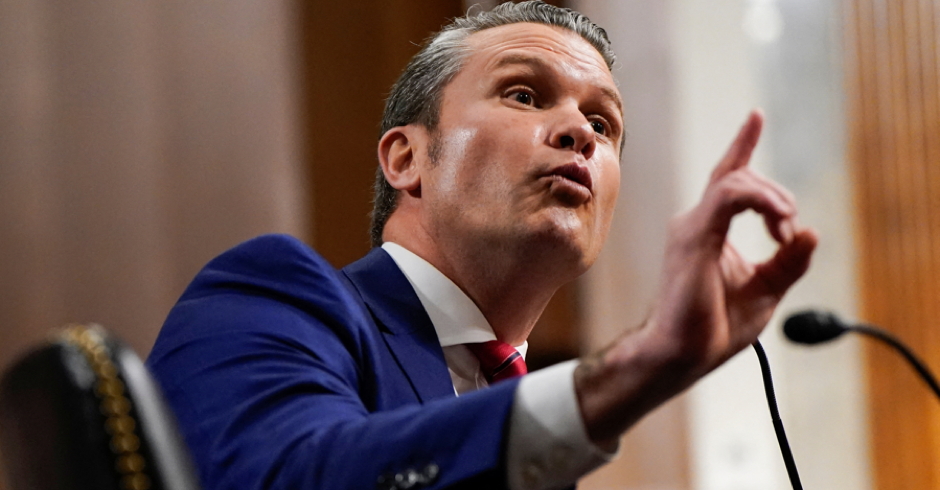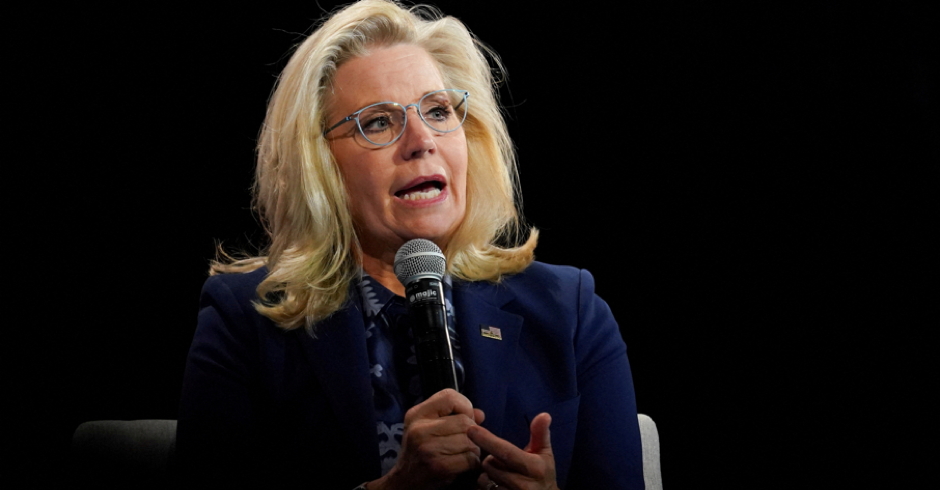Out October: “Truth Is, I Was Contemplating Suicide.”
Today’s Out October Project story comes from Phil Reese, writer and contributor for The Bilerico Project and writer for Ameriqueer, who explains that sometimes it isn’t an actual physical bully pushing you over the edge. Sometimes it is you and your own thoughts that torture and torment.
Missed our other coming out stories? Catch up here!
I was never, exactly, an angst-ridden teen growing up. It might be more dramatic to claim I was some brooding introvert before I made good with myself and turned into this sloshing bucket of sunshine that ‘stands’ before you today. However, truth-be-told, I’ve always been the picture next to “Happy-Go-Lucky” in Webster’s New American. Nature over nurture.
When I was growing up someone was really awful, mean and cruel to me, used to torture me, fill me with a sense of doom and shame. It wasn’t mom. Mom could be shrill sometimes, and we fought almost constantly, but it was only because she wanted the best for me, and she could be abrasive and tactless, so when the two clashed with my short Mediterranean temper that I inherited from her (that seemed to ONLY be set off with her, for some reason), it was like throwing an ice cube in a deep-fryer. Things bubbled over quick, and it got very loud.
It wasn’t dad. Dad’s where I got happy-go-lucky from. I always just sort of imagined the inside of my dad’s head must have been a lot like The Yellow Submarine 24/7; only interrupted by my mom and I bickering.
Not my little sister. She worshiped me (still sorta does).
The jerk who secretly made my life a living hell was me. I was a popular kid–Student Government, Homecoming Court, football, baseball (not to mention fencing)–I had a great family, and I had few conflicts with people. However, for a lot of LGBT kids, the bully may not be external. I was one of those.
When I was only in Junior High, I saw a 20/20 special about a doctor in New York who claimed to be able to change queer people to being straight. They showed this guy with a wife and kids who claimed he’d be full-on gaygaygay just a few years before. I wanted that. When my parents were at work one day, I called information and got the Doctor’s phone number. I called his office, hoping he could tell me what I could do, but when his receptionist answered, I freaked out and hung up. I saved his number and planned to try again someday. I’m glad I didn’t.
October of my Junior year, my guidance counselor called my parents to tell them I was on suicide watch. Happy-go-lucky Phil–Sunshine, as some teachers called me–had been writing some really dark stuff, and some friends found it in his locker, and promptly took it to the office out of fear.
Truth is, I was contemplating suicide. I’d been thinking about it for years, and no one knew. I came out my Sophomore year of High School in Catholic School to the biggest “So What” in history. Though my friends had all accepted me, I still hadn’t.
See, I was out, but I didn’t really know any other out gay people. When I’d come out, the only friends that did reject me were those ones who had been in the closet with me. When I threw open those closet doors, they feared being implicated by association. I got shunned. So though everyone loved me, I felt sort of like an island, much like Kurt on Glee. Being the ‘Token,’ is sort of a burden iself.
That year, though, I began staying after school and just chatting with the only openly gay teacher in our school, Mr. Z. Mr. Z told me about coming out and leaving his monestary, being viciously attacked when hired on as Religion teacher at Father Gabriel Richard High School, and staying above the fray and being true to yourself. He helped me reconcile my Catholic upbringing with my realization that despite years and years of frantic tearful prayer, I wasn’t going to be able to change myself. I began to see the light at the end of the tunnel.
That summer, I met my next gay mentor–my gay ‘big brother,’ Christopher. Christopher gave me my first literature on being a gay youth–the original 1 in 10 Teenagers, and some other books about famous gays in history, how to have safe sex, what to do when your family finds out, and where to go to find more people like you.
I also found the internet that year. AOL chat became a huge escape and relief for me. I was even able to do research on the gay-friendliness of my potential colleges, and the existence of any LGBT programming there.
I choose to go to college at Central Michigan University. I got a job in the hall I lived in, I joined the community council, I wrote for the newspaper, and I got involved in the LGBT community. By October I had a huge group of accepting and affirming friends–straight and gay–that helped me dismantle those demons, one by one. By the time I left, I’d made a name for myself nationally for my local LGBT leadership, had become a well-known leader of the local LGBT community, and helped guide hundreds of LGBT youngsters to a stronger, healthier sense of self.
Now, October means a lot to me. It’s not just a celebration of LGBT history, its a celebration of my own history, and coming out of the pain and suffering of self-inflicted violence and hatred to an awesome place of love and affirmation. Use this October to start building your October love this year. Embrace all those awesome things about yourself, all your awesome talents and qualities, and fall in love with yourself and your journey.
Remember, there are always options.
The Trevor Project: a 24-hour hotline for gay and questioning youth: 866-4-U-TREVOR (488-7386)
National Suicide Prevention Lifeline: 800-273-TALK (8255)
The New Civil Rights Movement
<!–
google_ad_client = “pub-6759057198693805”;
/* 468×60, created 10/21/10 */
google_ad_slot = “8507588931”;
google_ad_width = 468;
google_ad_height = 60;
//–>

Enjoy this piece?
… then let us make a small request. The New Civil Rights Movement depends on readers like you to meet our ongoing expenses and continue producing quality progressive journalism. Three Silicon Valley giants consume 70 percent of all online advertising dollars, so we need your help to continue doing what we do.
NCRM is independent. You won’t find mainstream media bias here. From unflinching coverage of religious extremism, to spotlighting efforts to roll back our rights, NCRM continues to speak truth to power. America needs independent voices like NCRM to be sure no one is forgotten.
Every reader contribution, whatever the amount, makes a tremendous difference. Help ensure NCRM remains independent long into the future. Support progressive journalism with a one-time contribution to NCRM, or click here to become a subscriber. Thank you. Click here to donate by check.
 |














